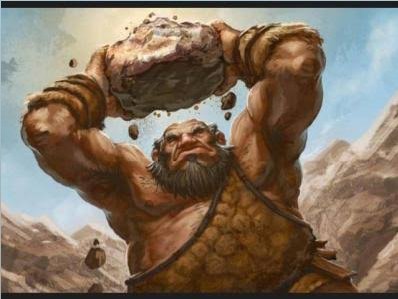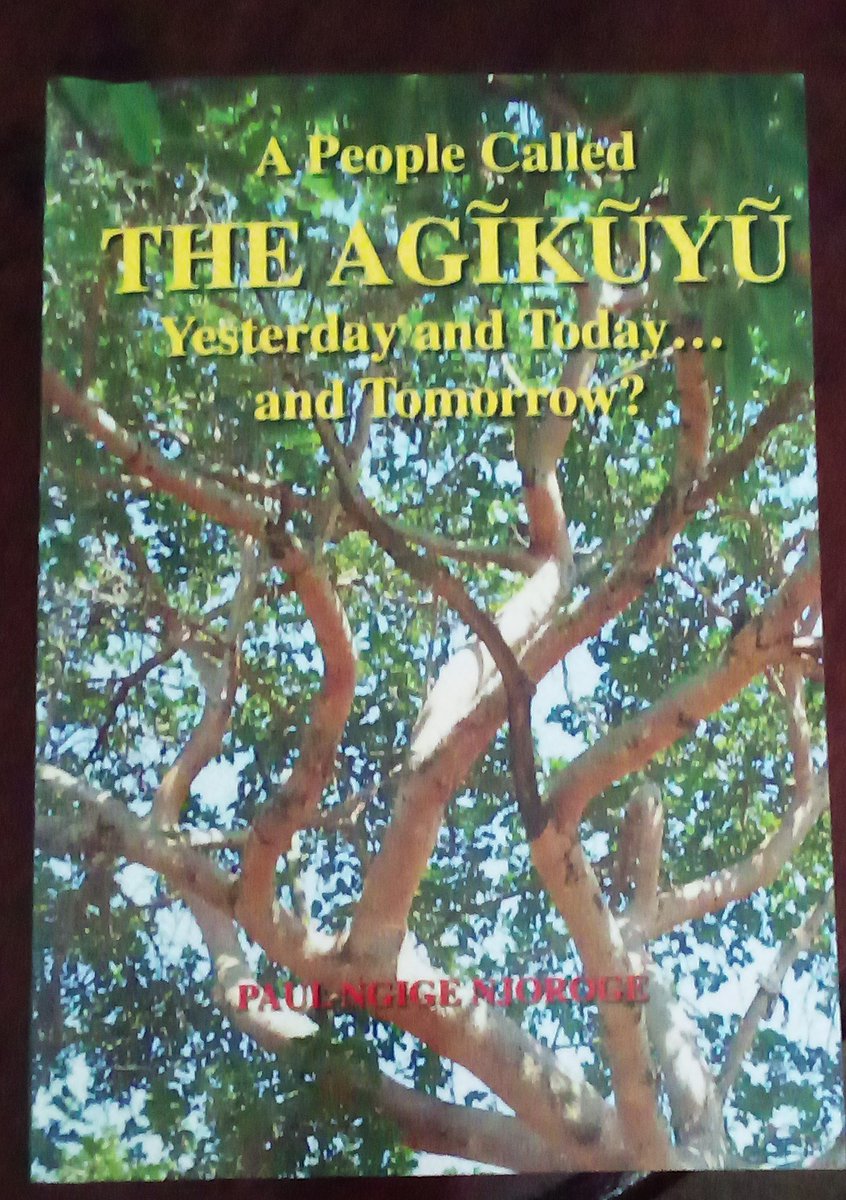
Nguìko - Sexless romance/Non penetrative sex among the Agìkūyū
Introduction
The Mūgìkūyū definition of Ūthingu- this definition is hard to translate.
" Ūthingu nì ūhoti wa gūikara ūtegwìthahia, ūtekwìiihia na u
Ūtekwiyananga handū hoothe, hìndì ciothe na mahinda moothe."

Introduction
The Mūgìkūyū definition of Ūthingu- this definition is hard to translate.
" Ūthingu nì ūhoti wa gūikara ūtegwìthahia, ūtekwìiihia na u
Ūtekwiyananga handū hoothe, hìndì ciothe na mahinda moothe."


There is no single English word that fully captures Ūthingu in the manner the Agìkūyū perceived and practiced it. Therefore, for purposes of this thread we will use the word Holiness to mean Ūthingu
The Mūgìkūyū woman and man greatly valued Ūthingu. Ūthingu was like a fence around the community. To this effect, there is no single Agìkūyū rite, ritual, or ceremony that did not have the Nongorio (intention) of preserving, restoring, and protecting an individual's, family,
clan, and community's Ūthingu. Nguìko was therefore one of the ways in which Ūthingu was preserved, and protected. Especially among new young men and women initiates.
Mambura
Mambura-Gikuyu initiation ceremonies, prepared young Gikuyu men and women to enter adulthood
Mambura
Mambura-Gikuyu initiation ceremonies, prepared young Gikuyu men and women to enter adulthood
and later marriage life. The Irua circumcision was the main rite in this ceremonies. It is in and through this rite and coinciding rituals new initiates were taught matters relating to rules and regulations governing sexual indulgence.
Nguìko
Nguiko, the practice of non-penetrative sex, fondling, or as others call it sexless romance was one of the main ways through which these rules and regulations were relayed. What is Nguiko? What purpose did it serve? How was it done?
Nguiko, the practice of non-penetrative sex, fondling, or as others call it sexless romance was one of the main ways through which these rules and regulations were relayed. What is Nguiko? What purpose did it serve? How was it done?
What was intentions did Nguìko serve?
1. Self - control learning to tame and control sexual impulses and feelings.
“Nguìko' was treated as a sacred and divine act. This training of regulation of sexual energy formed the foundation of the cardinal virtue of temperance,
1. Self - control learning to tame and control sexual impulses and feelings.
“Nguìko' was treated as a sacred and divine act. This training of regulation of sexual energy formed the foundation of the cardinal virtue of temperance,
where sexual energy is hidden, controlled and used judiciously.” – Quoted from Nd’ungu wa Gathua article on Nguìko.
2. To teach the rules and regulations around sex and romance.
3. To prepare the man and woman for marriage.
2. To teach the rules and regulations around sex and romance.
3. To prepare the man and woman for marriage.
4. Since they say everything starts in the mind, all that is controlled in the mind is won. Therefore Nguìko was also largely to instill a deep sense of discipline in the mind and hence the body.
5. Lastly, through Nguìko the young men and women were taught the appropriate use of their sexual energies.
Deeper into Nguìko
The Gikuyu man had been taught to develop the technique of self- control in the matter of sex, which enabled him to sleep with a girl in the same bed
Deeper into Nguìko
The Gikuyu man had been taught to develop the technique of self- control in the matter of sex, which enabled him to sleep with a girl in the same bed
without necessarily having sexual intercourse with her.
How it happened….
After the healing process of the surgical cut ( after circumcision,) the new initiates (irui) returned and grouped themselves inside their huts (Thingiras) where the Nguîko teachings were held.
How it happened….
After the healing process of the surgical cut ( after circumcision,) the new initiates (irui) returned and grouped themselves inside their huts (Thingiras) where the Nguîko teachings were held.
It is here where circumcised girls of the older age-set (two years older) came and performed Nguīko with the new male initiates. It us actually said that Nguìko was largely a women's affair. They played a huge part. This Nguīko could happen at first under the supervision of the
matrons in charge of the girls’ training but they were soon left alone after they internalized the rules.
Jomo Kenyatta in his book 'Facing Mt Kenya' 1978:157 describes how the act was performed.
Jomo Kenyatta in his book 'Facing Mt Kenya' 1978:157 describes how the act was performed.
"The boy removes all his clothing. The girl removes her upper garment
(Nguo ya Ngoro,) and retains her skirt, (Muthuru,) and her soft leather apron, (Mwengo,) which she pulls back between her legs from behind and fastened to the waist, thus keeping Mwengo in position
(Nguo ya Ngoro,) and retains her skirt, (Muthuru,) and her soft leather apron, (Mwengo,) which she pulls back between her legs from behind and fastened to the waist, thus keeping Mwengo in position
and forming an effective protection of her private parts. In this position the lovers lie together facing each other with their legs interwoven to prevent any movement of their hips. They then begin to fondle each other rubbing their breasts together,
whilst at the same time they engage in love-making conversation until they gradually fall asleep.”
Every girl's skirt (Mūthuru) and the apron (Mwengū) were carefully inspected in the morning by the matron or other girls. If the girl got pregnant during Nguiko, cases
Every girl's skirt (Mūthuru) and the apron (Mwengū) were carefully inspected in the morning by the matron or other girls. If the girl got pregnant during Nguiko, cases
which rarely occurred, the punishment to the man by the Communal Council was nine goats and three fat rams given to the same council. The man then became a social outcast and was no longer involved in his age group's activities.
The girl would find it hard to get a husband after that which was a terrible predicament to say the least.
Nguìko continued with different partners until they got married.
Nguìko continued with different partners until they got married.
• • •
Missing some Tweet in this thread? You can try to
force a refresh











